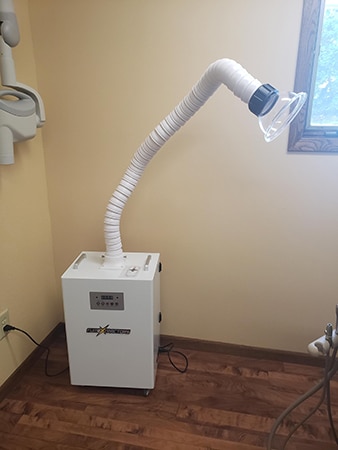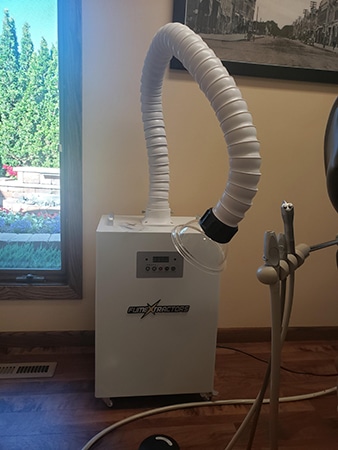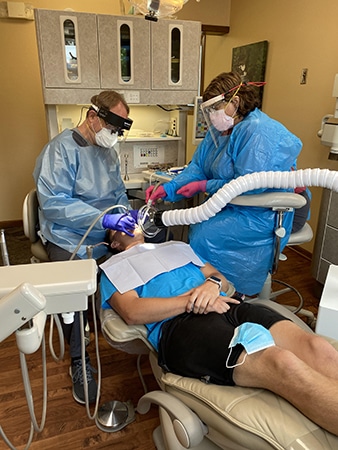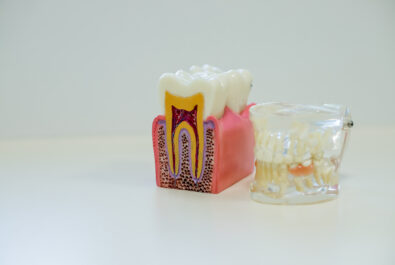Early stages of gum disease are known as “gingivitis.” You may be familiar with this term. It’s characterized by the chronic inflammation of your gums. You’ll notice spots on your gums become red, swollen, and painful to the touch. This early form of gum disease will get more and more serious over time unless it is treated. If you notice the signs of gum disease, you should make an appointment with your dentist as soon as possible. Attending biannual checkups is a great way to stay out in front of oral health problems like this.
Gum Disease Can Be Treated with Scaling and Root Planing
Infections of your gums occur in a similar way to infections of your teeth. Bacteria build up over time and produce acid that harms the tissue. While bacteria will leave a cavity in your tooth, they will also do serious damage to your gums. To stop the infection, your dentist must first remove all of the bacteria and infected tissue. Then your gums can begin to heal. Deep cleaning is also known as scaling and root planing. This is a two-step process that involves physically or sonically breaking up all of the bacteria present, and then smoothing out the roots of your tooth so that they can connect with the jaw.
Gum Disease Gets More Serious with Time
Gingivitis is common in many adults, and it is a condition that can be treated and reversed. You should seek this treatment immediately, because the more advanced form of gum disease — periodontitis — is irreversible. While gingivitis can damage the tissue connecting your tooth to your jaw, periodontitis degrades the jawbone itself. Even after the bacteria are removed, your jaw can’t simply create more bone. Then you’ll have to manage the opening between tooth and jaw to insure it doesn’t get infected again.
Prevent Gum Disease with Regular Appointments
As gum disease advances, it can disrupt the connection between your tooth and jawbone, eventually causing your tooth to fall out. You can prevent gum disease by diligently cleaning your teeth at home. Attending biannual appointments is another good way to prevent gum disease. During these checkups, your dentist can look for any signs of gum disease and schedule treatment for the problem if it exists. Don’t let a condition like gum disease fester and create more problems for your oral health.
ABOUT YOUR AUSTIN, MN, DENTIST:
Our team offers our patients and their family access to comprehensive dental care, including general, cosmetic, and restorative dentistry. To schedule an appointment with the Potach and Mitchell Dental Clinic, contact our Austin, MN dental office today by calling 507-437-6312. Our office welcomes patients from Austin, MN and surrounding communities.















